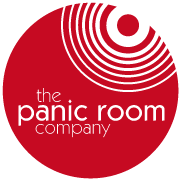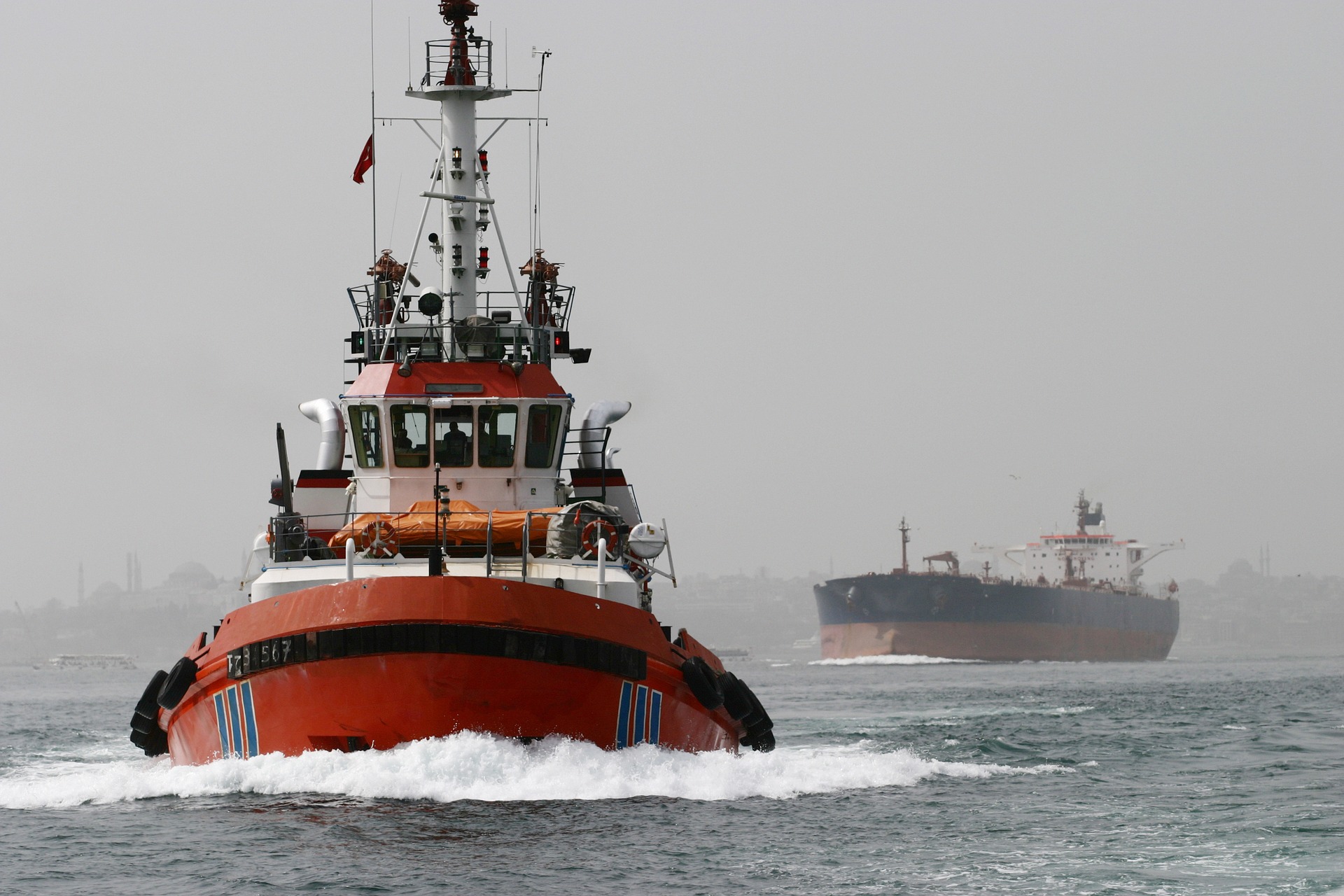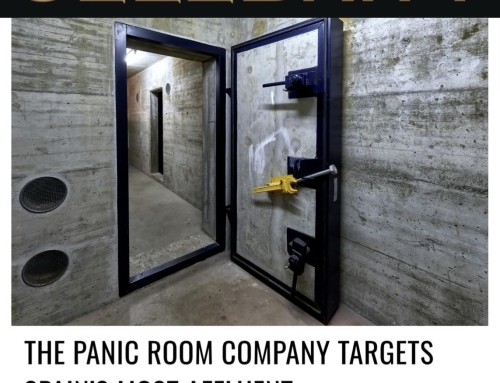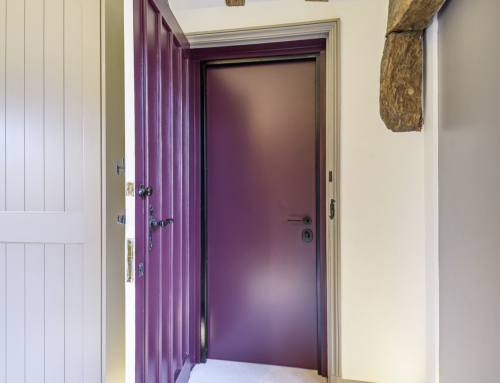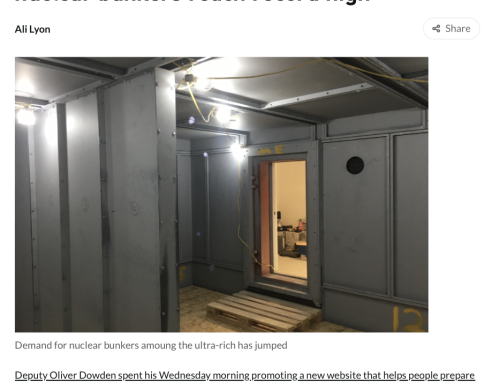The eight-man crew of the Aris 13 oil tanker was able to remain safe and secure during a recent pirate hijack as the ship sailed near the northern coast of Somalia.
Two-dozen armed Somali pirates reportedly boarded the Aris 13 in the first successful commercial ship hijacking in five years. Anti-piracy patrols have been scaled down over the last few years as Western navies have been reassigned to deal with the migrant crisis in the Mediterranean and threats from Russia in the Baltic.
Explains Paul Weldon, managing director of The Panic Room Company: “Piracy is a highly lucrative activity with Somali pirates earning millions of dollars from hijacking commercial ships during 2008 to 20012. With the presence of an international anti-piracy fleet, however, incidents have since declined dramatically.
“A safe and secure room for a ship’s crew to essentially hide during a hijacking has also greatly supported the successful conclusion of pirate attacks. This room is often referred to as a citadel and the citadel method, recommended by the International Marine Security Centre, is employed in the event of a marine piracy attack.
“On board almost every commercial ship you will find a citadel. This room will have food and water supplies and effective communication channels to be able to communicate with the outside world, with a proper system of ventilation and a first aid kit, just like a panic or safe room that you would find inside a residential or commercial property.”
Concludes Paul: “A certain level of investment is obviously required to create an effective and secure citadel aboard a vessel and large shipping companies often view the creation of an anti-piracy stronghold as a major expenditure. However, compared to some of the ransoms demanded by pirates, this cost is negligible and unrivalled in improving the efficacy of delivering a favourable outcome in a hostile pirate attack when it comes to preserving the crew’s lives.”
